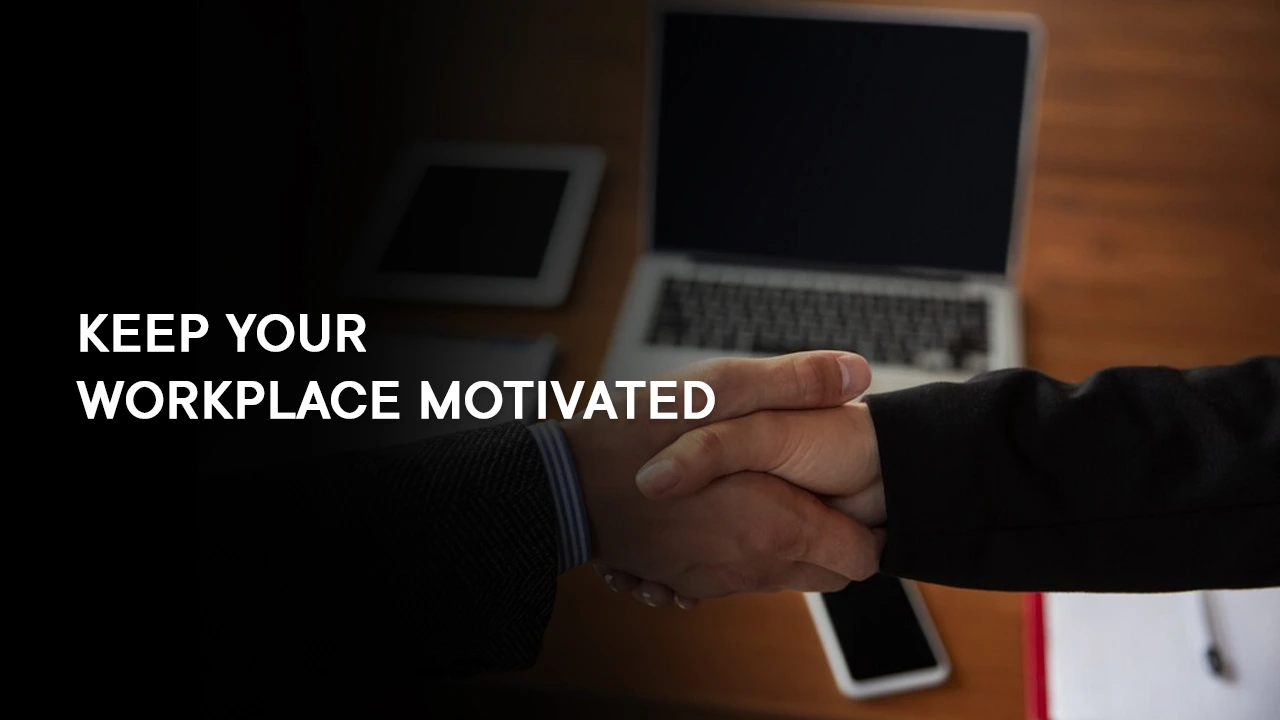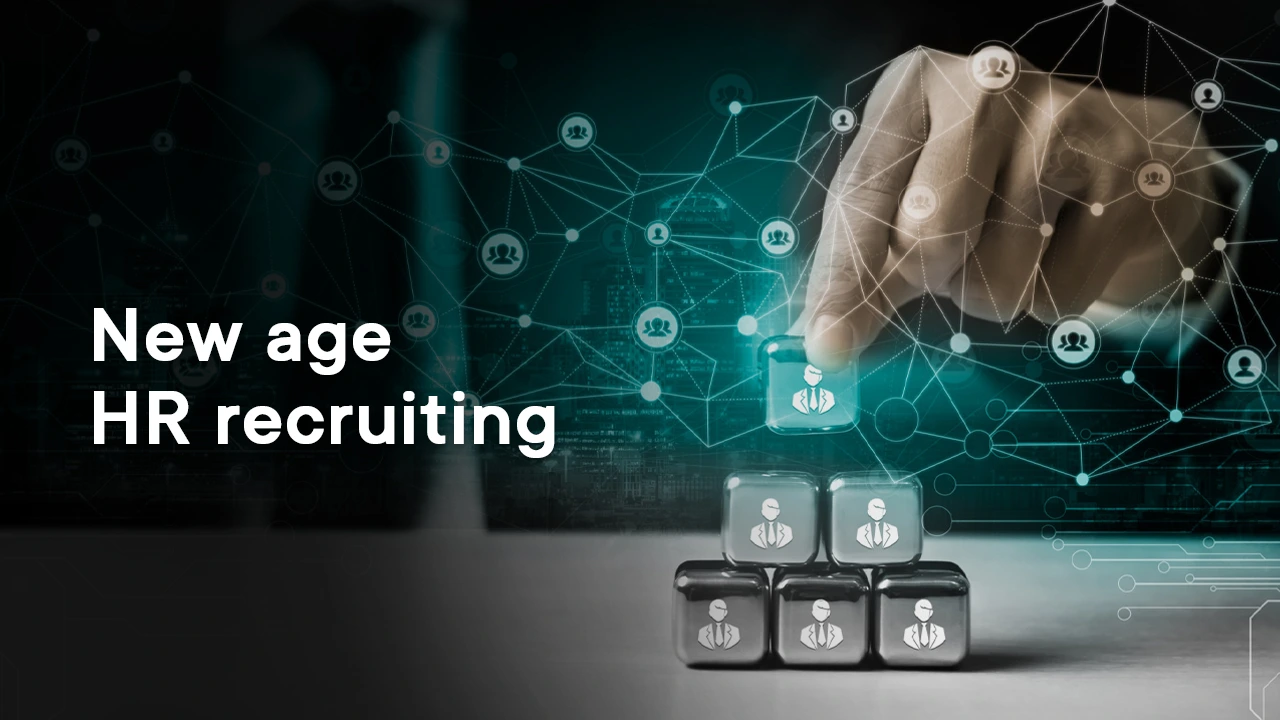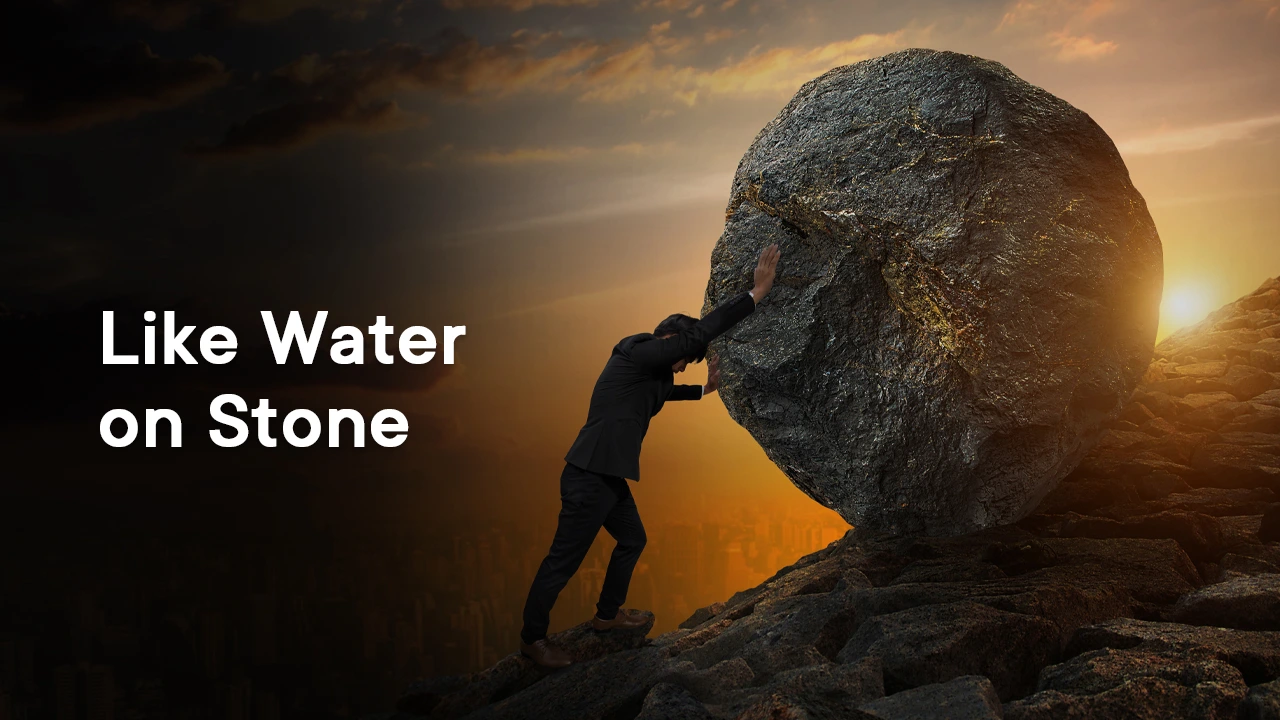What is Karoshi and What are its side effects?
Eucto, a pioneering mobile app development company, goes beyond the realm of technology by actively promoting awareness about important societal issues such as karoshi. Have you ever come across a friend or a coworker attempting suicide due to the pressure of working overtime? Not much, have you? Well, the Japanese do. In Japan, they call it ‘Karoshi’, which means ‘death by overwork’.
The Genesis of Karoshi
The infamous and tragic World War 2 ended with America dropping two nuclear bombs in Japan. After the catastrophic blow, Japan faced a huge economic downfall in the following years. To overcome the economic downfall, the then Japanese government decided to strengthen its economy rather than spending money on its military. The government encouraged its people to work long hours for the sake of their country. This means employees have to view their workplace as their second home and their colleagues as families.
As a result, during the years 1960-1990, Japan saw tremendous growth becoming the second largest economy in the world after the United States of America. As a saying goes, “Everything comes at a cost”, Japan’s growth came at a cost of a phenomenon known as “Karoshi”.
The Effects of Karoshi
If you walk along the streets of Tokyo during the night, often you can see men and women swaying their way to the train station or sleeping on the sidewalks. This is because of the aftereffects of their day at work. An employee of a reputed firm once said, “Regardless of completing my deliverables, I feel embarrassed to leave the office when my colleagues are still working”.
In 2015, a 24-year-old woman jumped to death from her office building after being forced to work for more than 105 overtime hours in the previous months. This unfair practice has been in the Japanese society for a long time now which is why the Japanese government stepped in to limit the overtime hours to 100, which is still very high when compared to countries across the world.
Takeaways from Karoshi
Even though we don’t see such incidents happening in India very often, we can also learn quite a few things from Karoshi. Because a good balance between work and life can be a LIFESAVER. If you feel burnt out from working, it is okay to take a day off or go on a vacation. It will help you reset your brain. A mentally and physically healthy employee can be more valuable than the fatigued one. From an Employer’s point of view, it is very important to take care of their people’s mental well-being.
Human beings are entertainment seekers, which is why we get bored of doing the same things again and again. It can be work, your favorite game, or your favorite dish. Too much of anything is good for nothing. Always mix it up to be the best in everything.
Related Posts
KEEP YOUR WORKPLACE MOTIVATED
Everyone experiences good and bad days at work; a minor off day is normal and usually doesn’t significantly impact the organization. However, persistent disengagement among colleagues can pose a serious problem. To foster a motivated workplace, consider implementing strategies such as team-building activities, recognition programs, and continuous skill de
New age HR recruiting
Gone are the days when HR professionals used to call hundreds of potential candidates, post ad in newspapers, and online portals to fill up one position. Now as we live in the AI driven world, it will analyze the job description with the candidate’s profile and filter out the required number of candidates, who will meet the recruiter. Of course, this saves a
Like Water on Stone
In the year 1970, Shell realised that the world of crude oil was going to change. Shell is known for ‘scenario planning’; the company not only forecasts how the world would change, but by giving importance to uncertainty, they come up with a few possible scenarios. In 1970, every scenario they came up with showed that if they did ‘business as usual’
How to find your perfect job?
Is college solely a place to obtain a degree? Far from it. College serves as a unique environment for individuals to explore and discover their interests. However, the challenge arises when graduates enter the workforce without a clear understanding of job descriptions, without analyzing if a role aligns with their passions. It’s not uncommon for individu





Leave a Reply